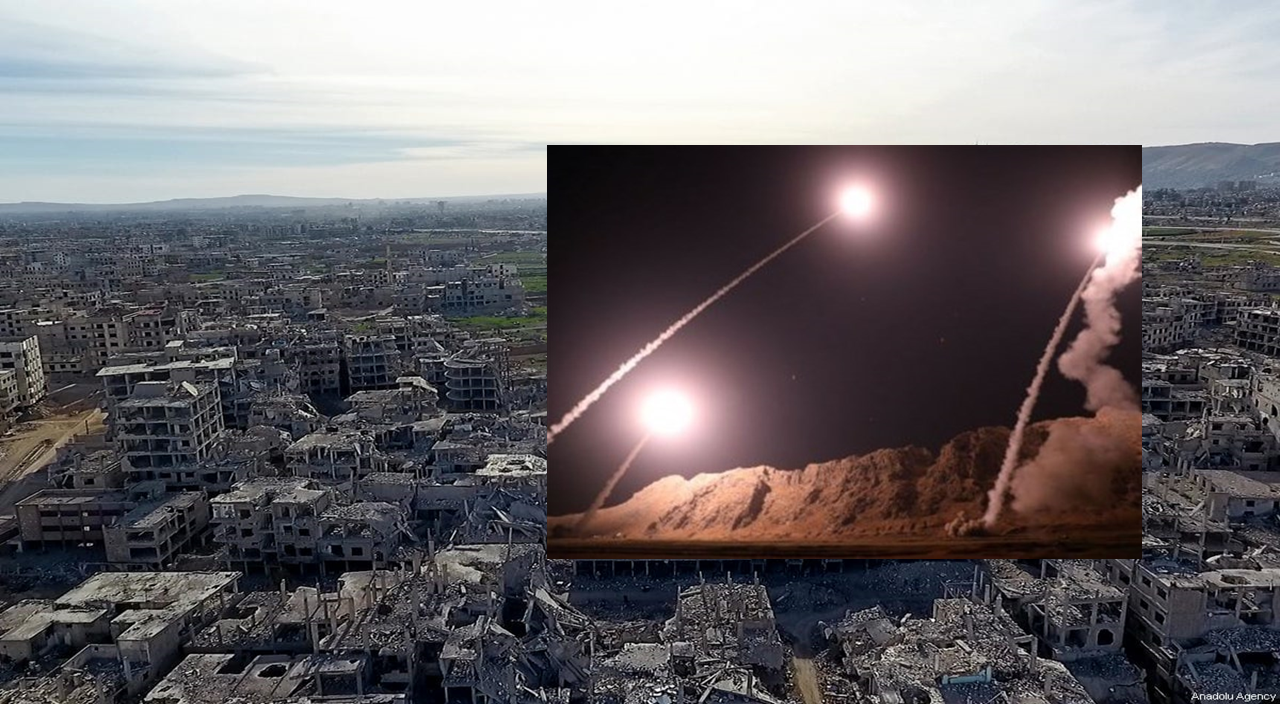
In the early hours of Sunday, Syria claimed to have repelled a missile salvo launched by Israel. Meanwhile, Israeli police reported that remnants of a Syrian anti-aircraft missile struck a remote town, causing no injuries but damaging some property.
Israel has escalated its attacks on Syrian airports and air bases in recent months, aiming to disrupt Iran’s increasing use of aerial supply lines to deliver weapons to its allies in Syria and Lebanon, including the Lebanese militant group Hezbollah.
According to Syrian state media, the country’s air defense systems successfully intercepted Israeli missiles across central regions, shooting down most of them. The Syrian army released a statement revealing that some missiles flew over parts of Lebanon’s capital, Beirut, before hitting areas near the city of Homs. The attack resulted in material damage, but there were no immediate reports of casualties. Reuters was unable to independently confirm this information.
In response to the missile launch, an Israeli military spokesperson confirmed that their warplanes targeted several locations, including a Syrian air defense battery. It was from this battery that an anti-aircraft missile had been launched toward Israel.
Shortly after the incident, a mid-air explosion was heard throughout Israel, indicating the interception of the Syrian missile. Fragments of the intercepted missile subsequently landed in Rahat, a town located approximately 180 km (110 miles) south of the armistice line between Syria and Israel. Fortunately, no casualties were reported.
The situation between Syria and Israel remains tense, with frequent incidents of cross-border exchanges. Israel has expressed concern over Iran’s increasing influence in the region, especially regarding the delivery of weapons to its allies. However, Syria maintains that it has the right to defend its airspace and territory from perceived threats.
The international community continues to monitor the situation closely, as any escalation in tensions between Syria and Israel could have wider implications for regional stability.
